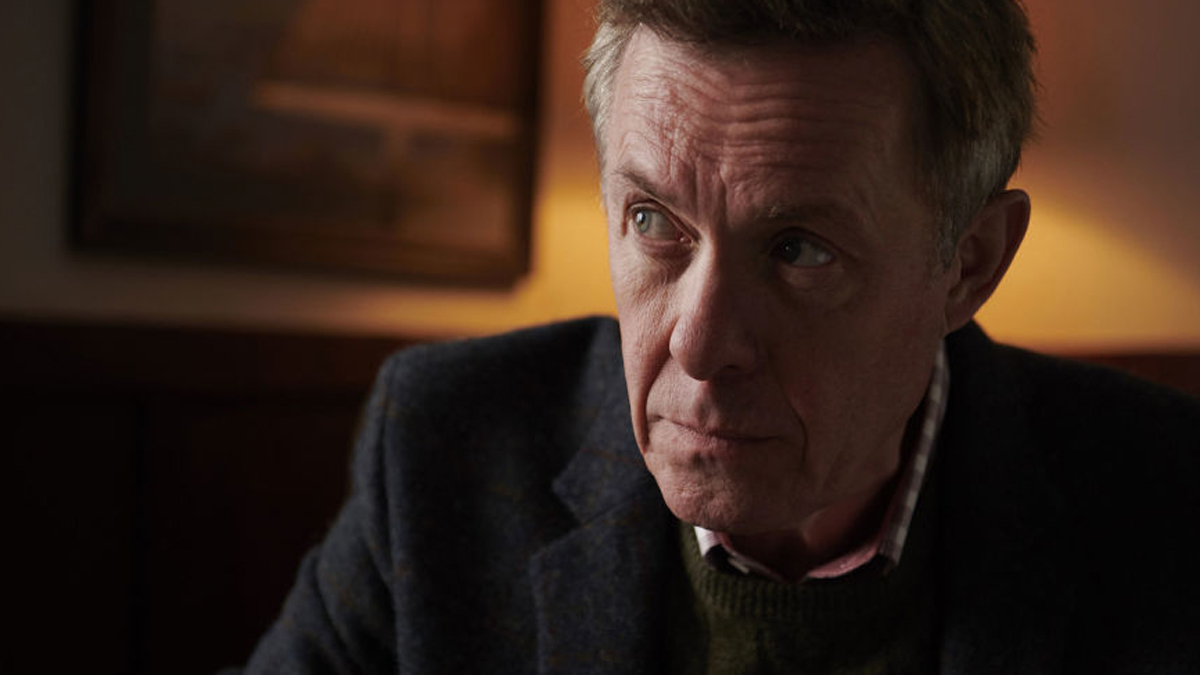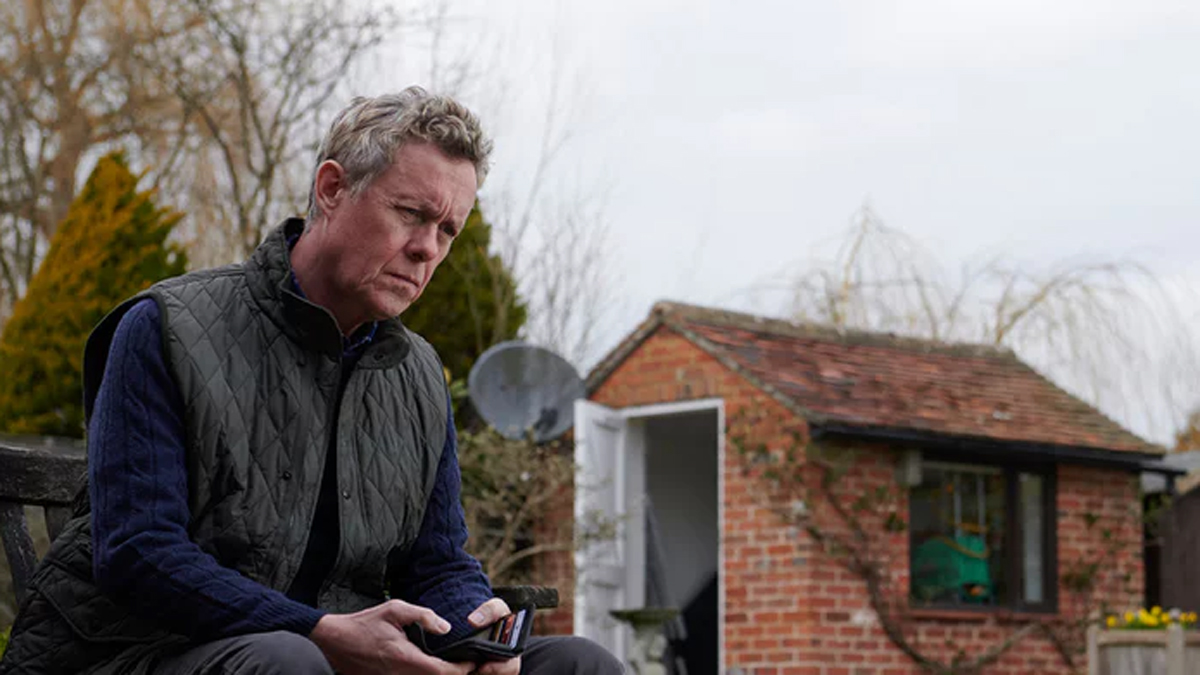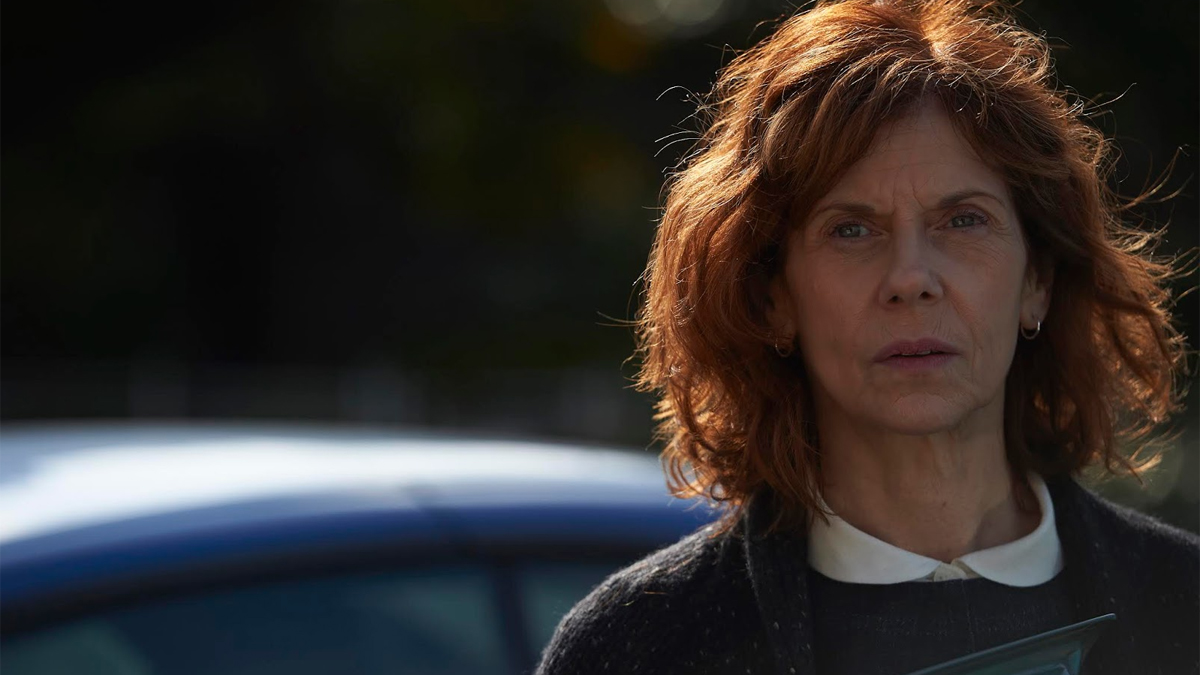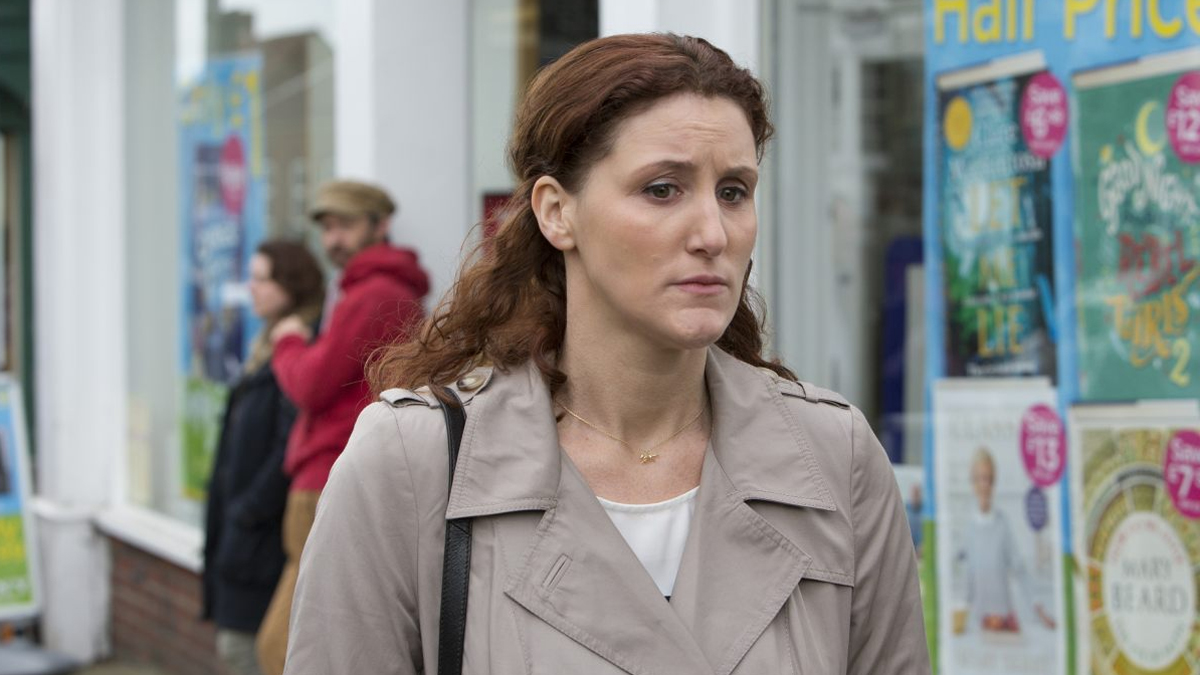Unforgotten series 3: revisiting the clues leading up to the finale
With hindsight, the chilling revelations of Unforgotten series 3’s moving finale were all satisfyingly seeded. Huge spoilers ahead…
Warning: major finale spoilers.
The opening words of Unforgotten’s theme song “All we do is hide away” encapsulate an idea that reaches into every corner of the show. Each new series delivers a fresh ensemble of suspects, all of whom have been hiding something away—guilt, shame, grief—for years. It takes the methodical patience and emotional intuition of investigators DCI Stuart and DS Khan to seek out that which is hidden and lay it bare.
Series three’s antagonist is Unforgotten’s most accomplished hider yet. He hasn’t spent decades concealing guilt, shame or grief, but a thoroughgoing lack of all three. The finale revealed Dr Tim Finch to be a “pretty much textbook psychopath” who has spent his life dissembling ordinary emotion. He feels something for his children, he told Stuart and Khan in a chilling interrogation scene, though exactly what he couldn’t say. For his friends, his patients, his teenage victims and their families? Nothing, sorry.
Alex Jenning’s performance in the finale was a finely wrought thing and unnerving in its understatement. This was no wide-eyed, slavering lunatic, but an intelligent man habituated to manipulation and mastery. Finch’s matter-of-fact account of his abherrent psychology and the crimes he had committed were relayed with no malice, as if quoting from a medical textbook. His transition from lies to truth was compelling because it was almost unnoticeable. He dropped the camouflage of mateyness and the studied affability, but really, this was exactly the same Tim Finch we’d been watching for the past five weeks. The same level, reassuring voice. The same competent lexis and meditative looks. The same man.
Knowing what we now know—that Dr Finch had raped and murdered multiple teenage victims and concealed his perversion beneath a façade of respectability—his early scenes become doubly fascinating. Lines that passed by unnoticed before the finale now roar with additional significance.
By revisiting series three’s previous episodes (available now on ITV Hub), here’s how Unforgotten cleverly hid “the closest thing to evil” in plain sight.

“If I’ve learned anything in the past thirty-five years…”
Dr Finch is the first of the four suspects (Tim, James, Chris and Pete) to whom we’re introduced in episode one. His introductory scene shows him on a house call, ministering to a grieving widower. With a kindly bedside manner, he speaks gently and empathetically about grief. Never be embarrassed about wanting to talk about your wife with me, he tells his patient. “Death is a pretty constant part of my everyday life.”
The irony arrives in the edit. The very next scene cuts to Hayley Reid’s remains lying in a forensics tent, uncovered after Tim Finch strangled and buried her eighteen years earlier.
“This is corked”
I’ve always said it: don’t trust anyone who’s rude to waiters.
In episode one, Alex Jennings’ character goes out with his wife and daughters for an anniversary dinner. It all runs smoothly until a local man stops at the table and, by way of showing his support for the village GP, mentions the official complaint brought against him. Dr Finch barely expresses a flicker of discomfort, but as soon as the man leaves, he immediately rounds on the waitress with a curt complaint about the wine. “This is corked. You don’t need to smell it. I smelt it. It’s corked.” The women exchange awkward looks and the atmosphere drops like a stone. At first this seemed like the behaviour of someone under unusual pressure, but now, it’s proof of his “zero empathy” power-drunk cruel streak.

“Tolerating the old bastard”
On a rewatch, the anniversary dinner scene has yet more dramatic irony in Tim’s carefully chosen words about his ex-wife Derrin, the mother to his two daughters. “She’s a lovely lady,” he tells his girls, “who did extremely well to put up with me for as long as she did.” That much is true. In the knowledge of the years of emotional, physical and sexual abuse Tim subjected Derrin to, his words couldn’t have been more apt. The same goes for Tim’s daughter’s toast to her step-mother, “A huge well-done to you, Carol, for tolerating the old bastard for ten years.”
“An increasing lack of empathy”
When called to a hearing by the General Medical Council, Finch’s account of his conduct in the case of the complaint made against him was calmly delivered, professional and detailed. He remained detached and in control, citing medical fact and providing an answer to every question. He made forty-two home visits to the complainant over the course of six years. “I don’t believe I ever lost my temper,” he offered.
Watch that scene next to one in which, cornered by evidence gathered by the investigation, he relents and offers to “go through it all” with Stuart and Khan, “these girls.” Finch is calm and knowledgeable, speaking like a textbook in both. It’s quite the same man.

“At the end of the day Tim, it’s your word against hers”
You don’t have to look far for real-life instances of criminals whose crimes went unnoticed and unpunished thanks to their manufactured patina of social respectability. Depressingly, you don’t even have to look far for those people to have come from the medical profession. The complainant in Dr Finch’s case describes him as having “this really calm, quiet way of talking and he just kept telling her what a horrible old bitch she was, what a burden…” She’s easily discredited due to her history of antagonism towards the surgery, but we now know that every word of her complaint would have been true.
“Kind and gentle and good”
On the subject of discrediting sources, revisiting Derrin’s monologue to DC Jake Collier in the light of the finale revelations is particularly satisfying. Every word she’s telling is clearly the truth: “On the face of it in public you would think he was such a lovely man, wouldn’t you? Kind and gentle and good, a good man, was how people always described him in our village, but behind closed doors, he’s the most manipulative, calculating man I’ve ever met and he made my life a complete misery.” If Derrin had been listened to instead of dismissed as a mad fantasist, Tim’s true nature might have been revealed much sooner.

“The most reliable of narrators”
When questioned by Stuart and Khan about his ex-wife, Finch immediately protected himself by undermining her: “I haven’t seen Derrin for many years but I can get her number from my kids if you need it. I should just say that she’s had a number of issues over the last couple of decades—depression, anxiety—so I’m not entirely sure you’ll find her the most reliable of narrators.” The mental health problems Derrin experienced because of Tim’s treatment ended up being a boon to him. As she told her daughter, “In turn, my problems served his deception well.” Just like the Medical Council Complaint, it came down to his word against hers.
“To me, pretending is just second nature”
There’s barely a blink when Dr Finch hears the news about Hayley’s corpse being discovered on his car radio. He glances over at his wife but remains inscrutable. Later, when James Hollis phones him to warn about the police interest in the four of them, he stays unruffled and feigns total neutrality. “Ola!” he answers, jokily. Had he heard about the Hayley Reid case? Yes, “very sad,” he declares it. “Jamie sends his love,” he tells his wife upon hanging up the phone. “He’s very well, he’s just trying to arrange a get-together, the four amigos.” A decades-honed talent, Tim tells lies like he’s breathing air.

“I can’t even begin to imagine”
Controlling a situation being paramount to a character like Tim, when he told his wife and daughters that he was being questioned in relation to Hayley Reid’s disappearance, he downplayed everything, shrugging it all off as “pretty tedious”. When his daughter expressed sympathy for Hayley’s parents, Tim agreed, saying “I know, it’s just brutal for them. I can’t even begin to imagine.” That’s the absolute truth. “On an intellectual level I understand the pain I’ve caused,” he later tells the police, but imagining how it feels is entirely beyond him.
Unforgotten series 3 is available now on ITV Hub. Read our interview with creator-writer Chris Lang here.

